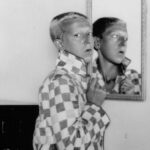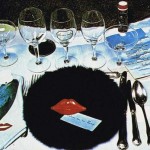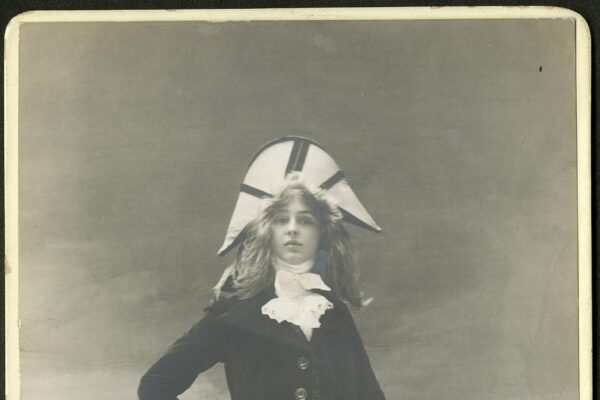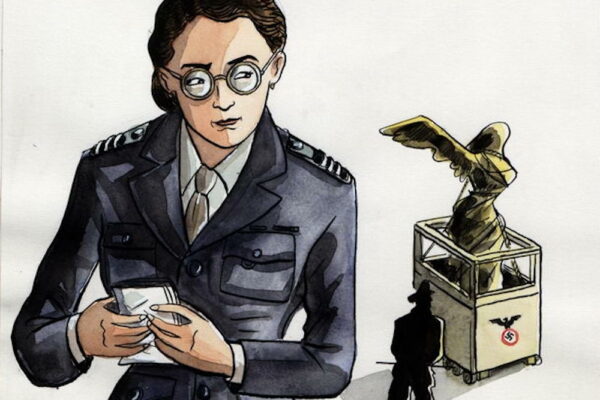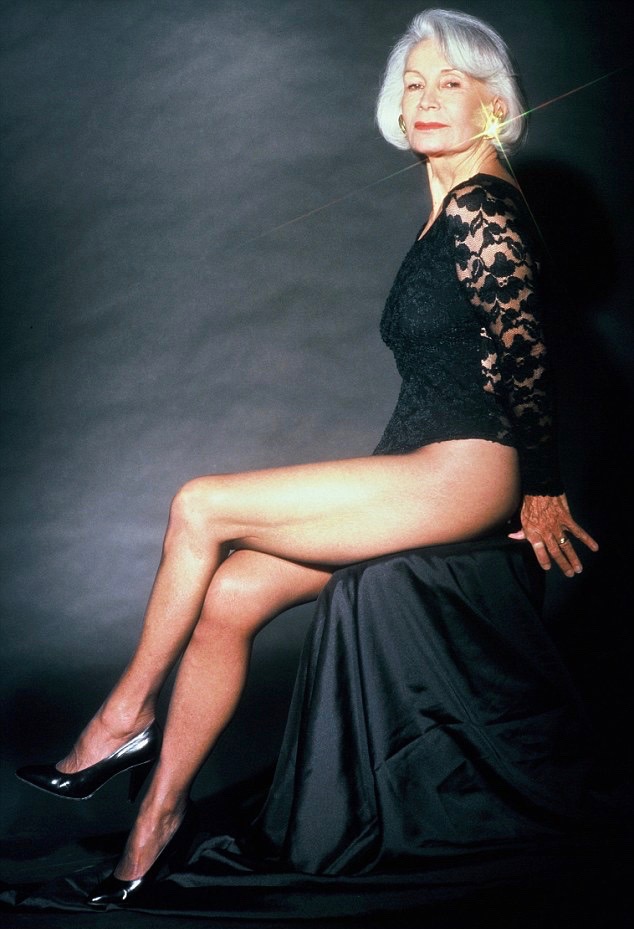
With the Jeffrey Epstein scandal creeping its way into every late night dinner table conversation and the sordid secrets of his mysterious Madam, Ghislaine Maxwell, slowly unfolding in the press, it wasn’t long before we would be talking about “Madame Claude”. France’s own high society brothel queen, aka. Fernande Grudet, reigned for decades as one of the world’s top Madams and the first choice for the world’s most powerful men in pursuit of late night company. She invented the term “call girl”, by introducing a telephone-only booking system for her harem of Catherine Deneuve lookalikes trained to be both dynamite in the bedroom, and in conversation. Today, we’re examining the legacy – good and bad – that she left for the business of sex…
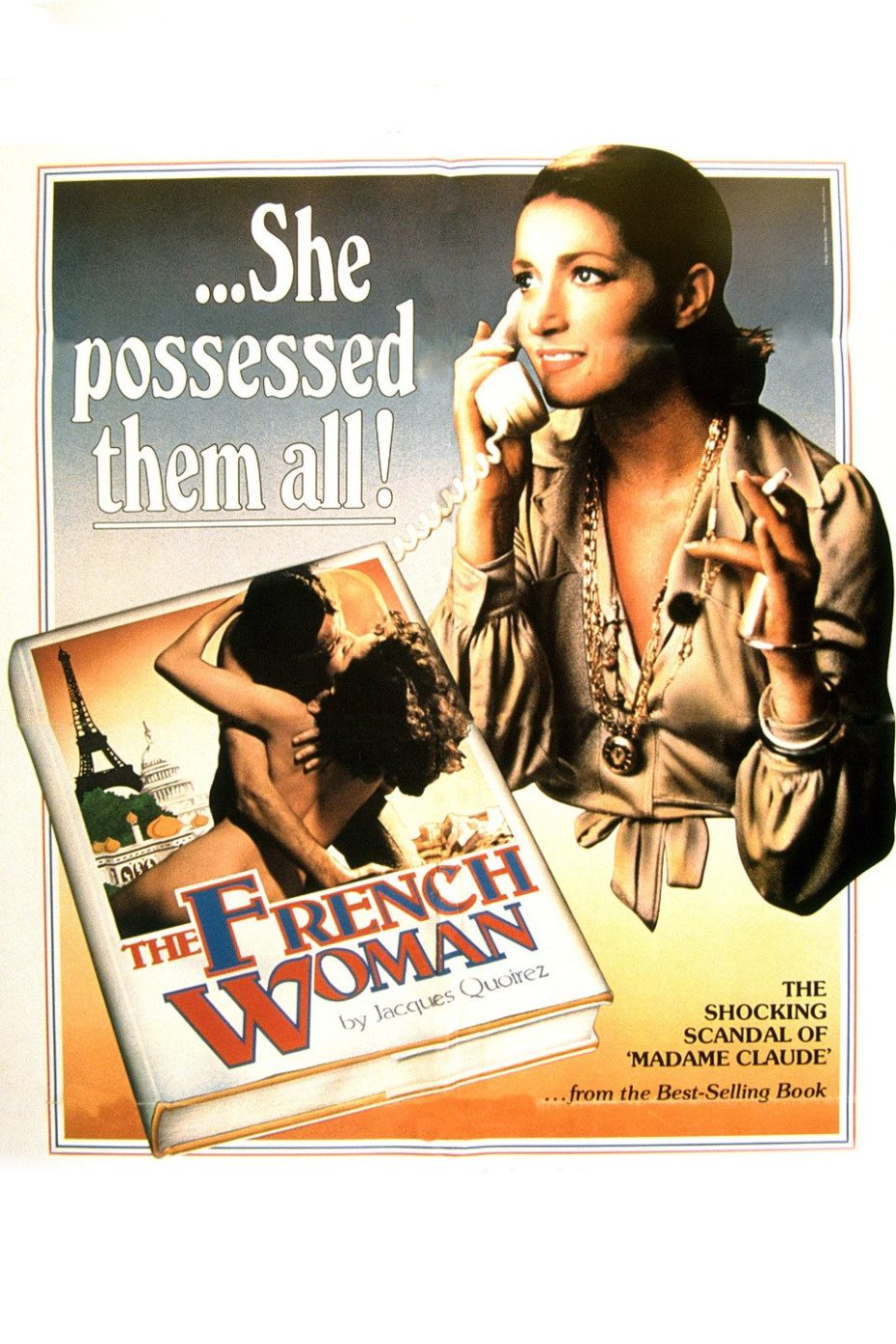
Understanding Madame Claude calls for a crash-course in the art of seduction – and we’re not just talking sex. She seduced the world with her hand-crafted, bedazzled persona; what press interviews she obliged, she obliged with the coolest wit. When asked how she even got started in the brothel business, she said that knew she had to make a living at what “humans love most,” which, according to her was 1. Food 2. Sex. “I wasn’t any good at cooking,” she said. So that was that.
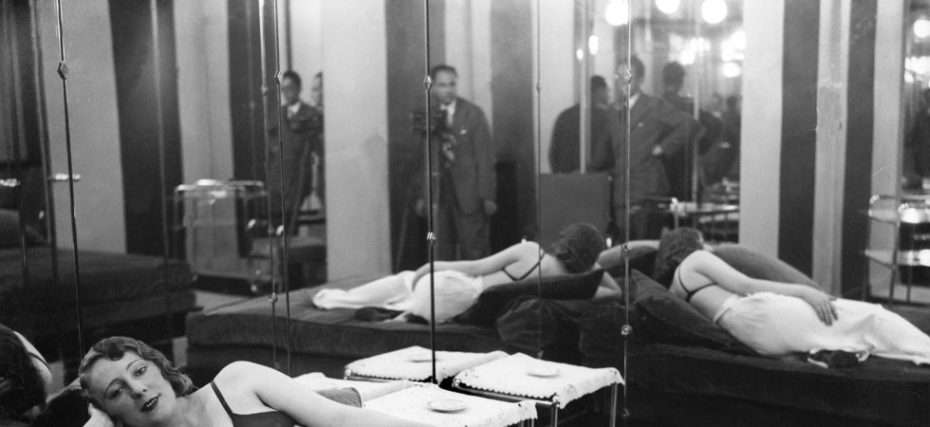
“She’s someone who always wanted to be more than what she was born into,” explained a French journalist who knew Madame Claude (who died in 2015) in a 2018 Jacques Pradel podcast, “She kind of invented this life outside of reality.” She moved to Paris with her mother after the death of her father, with dreams of opening a high-end boutique. Instead, she began working as a call girl to make ends meet, and found there was considerable room for improvement in the business. So she re-baptised herself with the first name “Claude” – an intentionally gender-vague name – and started making a game plan.
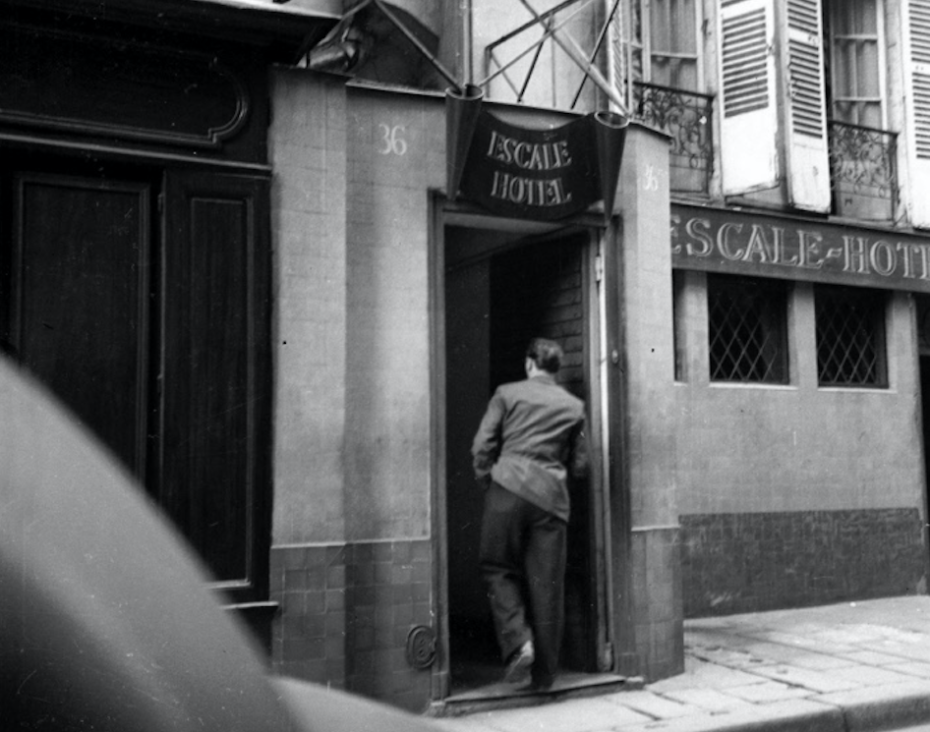
By the 1950s, she had several femme-fatales-in-training working for her, running the business from her flat on the Rue de Marignan in the 8th arrondissement. It was a prime location for her to pitch to women to join her team of escorts, known as “Claudettes”: models, actors, and aspiring it-girls for whom the industry wasn’t quite putting bread on the table (or “butter in the spinach,” as the French say). Madame Claude offered not only money, discretion, and protection, but a total rags-to-riches makeover. She’d provide them with the finest doctors and plastic surgeons, dress them in the latest Dior and Chanel, and put them on the arm of a diplomat at luxury hotels like the Ritz and George V. It was more than a sweet side hustle – it was a killing.
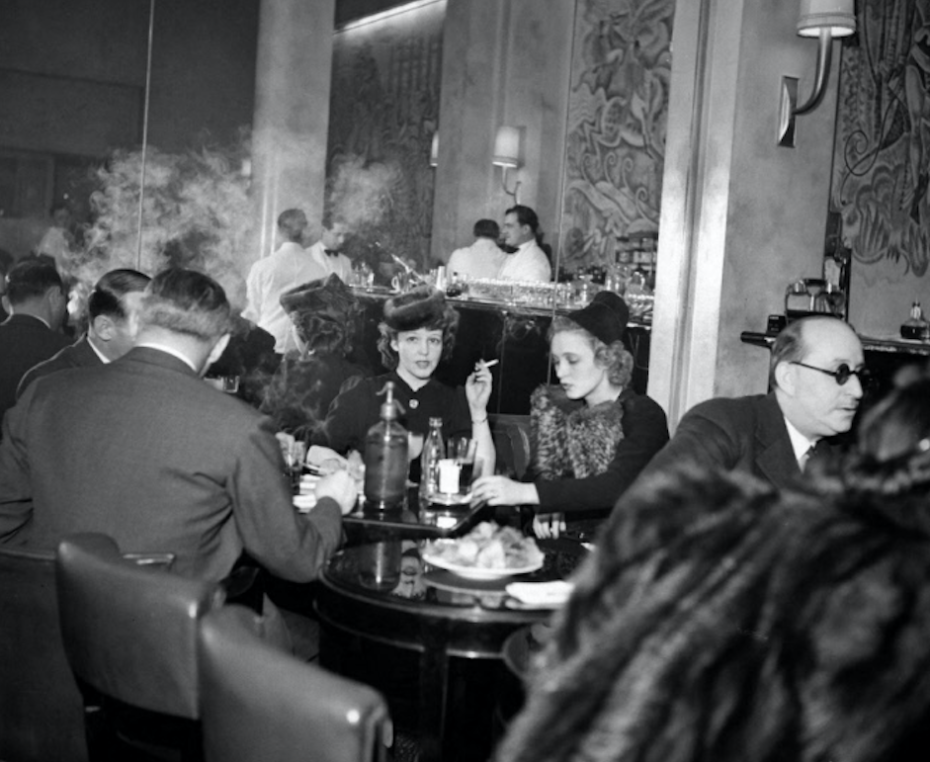
But if you want the world, said Claude, you have to work for it (and the Claudettes did). With business booming, her maison close (brothel) relocated to the swish 16th arrondissement, at 32 rue de Boulainvilliers – right above a branch of the Rothschild bank, whose high profile visitors would often make a transaction downstairs, and head right up to see Madame’s newest “talent”. The house still stands today, privy to what were undoubtedly the naughtiest secrets of the world’s most powerful figures…
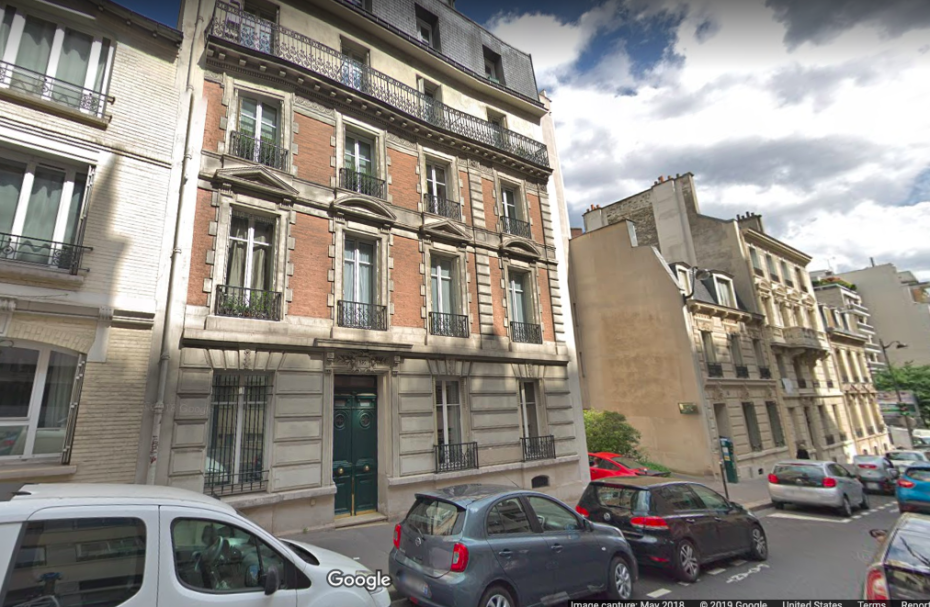
So what exactly was her idea of the perfect Claudette? Usually, they were between the ages of 18-25, and they always had to be ready to submit to whatever changes Madame Claude wanted to make to her appearance – even in regards to plastic surgery (though it’s said she never encouraged breast enhancement, as she considered them “tacky”). Women had to be at least 5’9” (175cm) tall and on-point with every aspect of their lives, from the shade of their lipstick to the tidiness of their handbags, which Madame Claude checked herself. Getting in to the ring was so famously difficult, that being called a Claudette became a badge of honour. As the writer of a 2014 Vanity Fair piece was told by one of Madame’s former clients, “a lot of them were models at Christian Dior or other couture houses. She liked Scandinavians. That was the look then —cold, tall, perfect.” Think Catherine Deneuve in Belle de Jour, Luis Buñuel’s 1967 masterpiece about a housewife (Deneuve) who dabbles in prostitution.
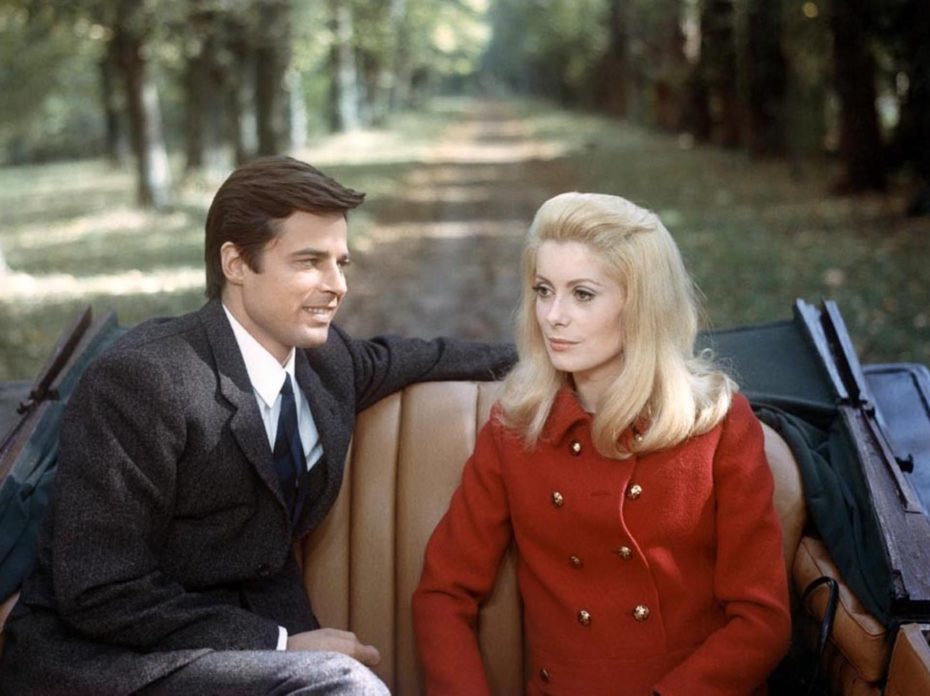
Aside from their physical appearance, Madame required aspiring Claudettes to pass a test of pleasure with men called essayeurs (try-ers) to gauge a lady’s sexual skills. At the same time, the women were given an extensive education in the arts, politics and philosophy by private tutors, and would even be sent abroad to truly cultivate the sense of a worldly young woman her level of clientele expected – being just as dynamite in the bedroom as they would a political debate.
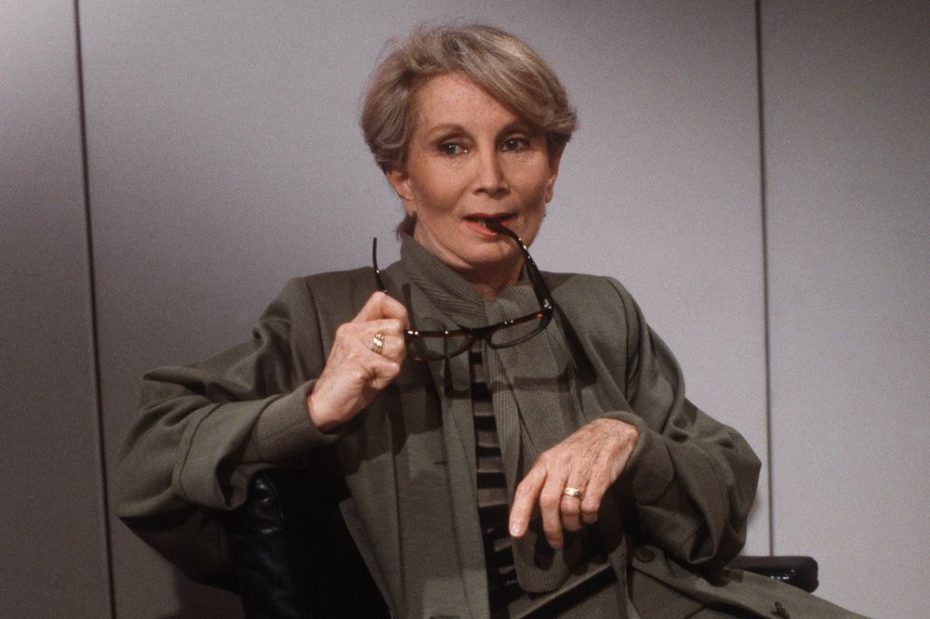
So how on earth was Madame Claude able to freely run this operation for another two decades? In a way, it was easy. She was right in her understanding of what humans crave – though it wasn’t just sex she was providing. Claudettes were cultured, beautiful companions. Often, they’d end up marrying their clients. They were allegedly so talented in boosting morale, that even the CIA are said to have relied on her services when in town. Above all, of course, Madame struck up a little espionage deal with the French government: she could continue her business, as long as she agreed to share the political pillow talk and secrets her clients revealed during their time with her Claudettes.
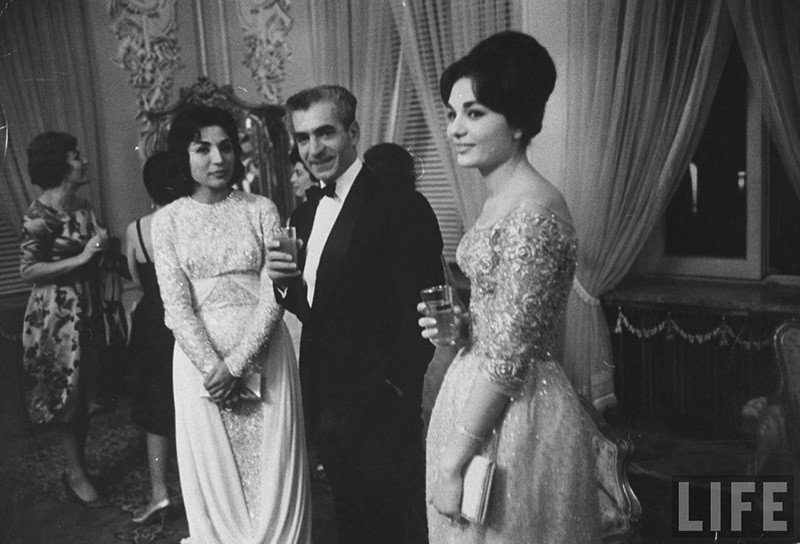
The client list was star studded, and included the Shah of Iran, King Farouk of Egypt, and France’s very first Public Enemy No. 1, Pierre “Crazy Pete” Loutrel (Pierrot le Fou). Aristotle Onassis and Maria Callas were rumoured to turn up together with some pretty wild requests, and John F. Kennedy came knocking for a woman “who looked like Jackie”.
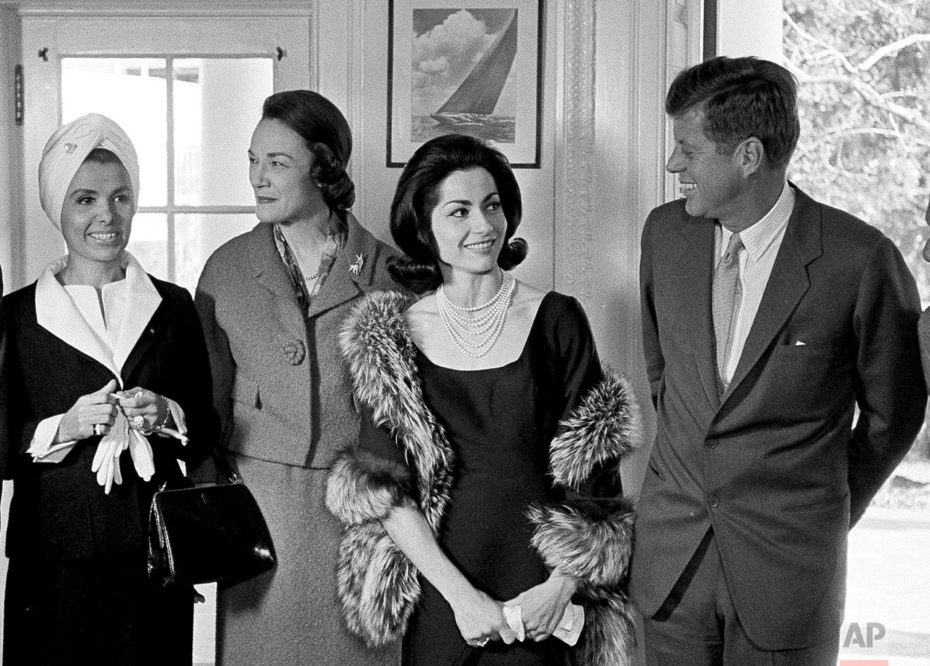
By the 1970s she employed hundreds of ladies, raked in a steep six-figure salary, and actually turned most women away from her door when they came knocking for work. In matters of her own personal life, Madame didn’t appear to focus too much on men. She said she was pretty apathetic towards sex, but thrilled by the business of it. Years later, friends would say that she lived for the “project” of transforming her women into “swans”.
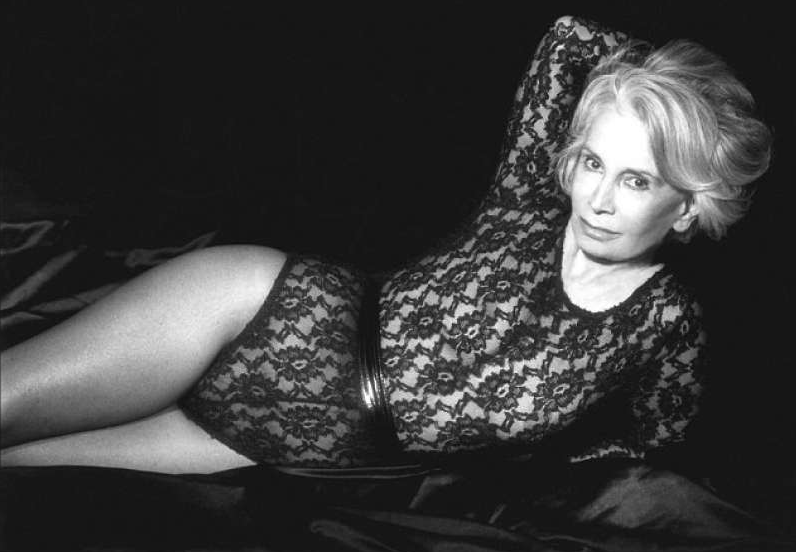
But she was born far from a life of luxury. In one of her memoirs, she said she came from a rather bourgeoise class, although records show her father owned a little café and sold sandwiches at the train station for money (she also said her father died during an Occupation conflict, when in actuality he passed away from cancer). Charles de Gaulle’s niece, she claimed, was also spared from from a concentration camp thanks to her intervention – another lie, although she herself did escape Auschwitz (and had the tattoo to prove it). In other words, Madame said a lot a things. They were all 1% truths, laced with a whole lot of fantasy.
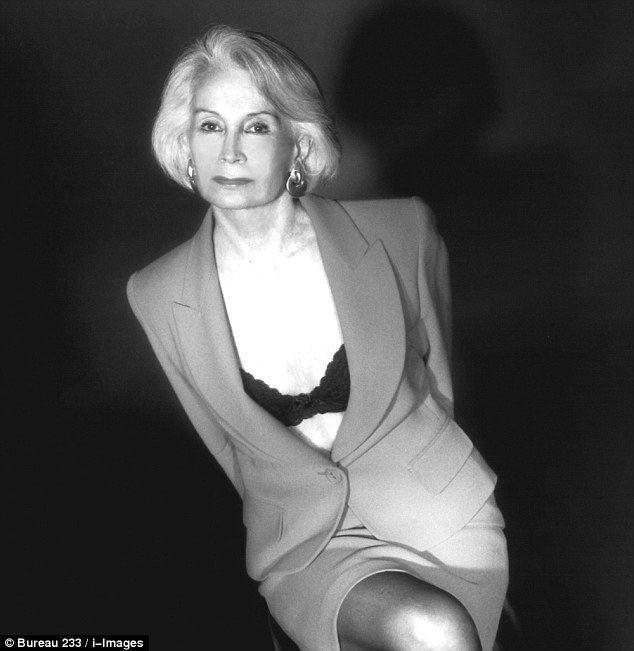
But by the mid-70s, changes in once lenient French government offices led to a cracking down on Madame’s business; it was not illegal to be a prostitute in France (and it’s still not exactly illegal today), but it was against the law to take a cut of a prostitute’s earnings (a profession known as proxénétisme in French). Madame Claude had to act fast, so she married a Swiss man, gained another passport, and split for Los Angeles.
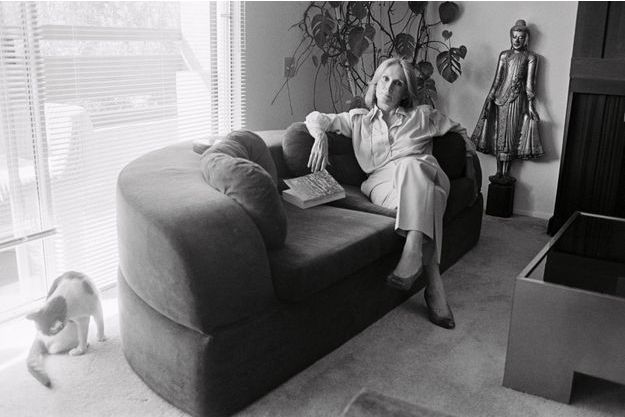
There, she remarries yet again (this time, for a green card) and reinvents herself as “Claude Tolmatcheff”. She doesn’t speak English, and contents herself with shopping. First she opens a bakery, and then a restaurant in the Pacific Palisades before picking up her old tricks again, recruiting new California Claudettes. She even tried to convince Dynasty star Joan Collins to work for her, assuring the actress that “her husband would never have to know.” Collins politely declined.
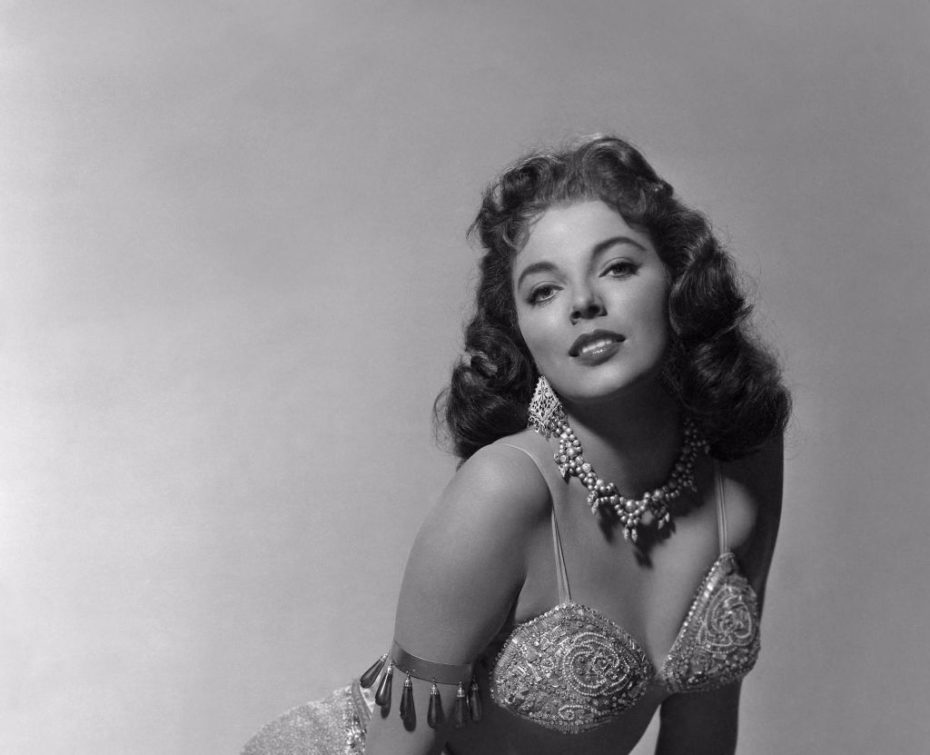
“She was more like a banker,” a Vanity Fair journalist wrote in 2018 about meeting Madame Claude in Los Angeles, she was “tiny, blonde, perfectly coiffed, and Chanel-clad, vastly more tasteful than the in-your-face bejeweled and big-haired Hollywood wives lunching around us. All eyes were on her. Word was out. She was a more thrilling, rarer sight than even Faye Dunaway, Michael Caine, or Jack Nicholson.” Alas, the party came to an end when she was sent back to France by US immigration in the 1980s, and forced to face the music.
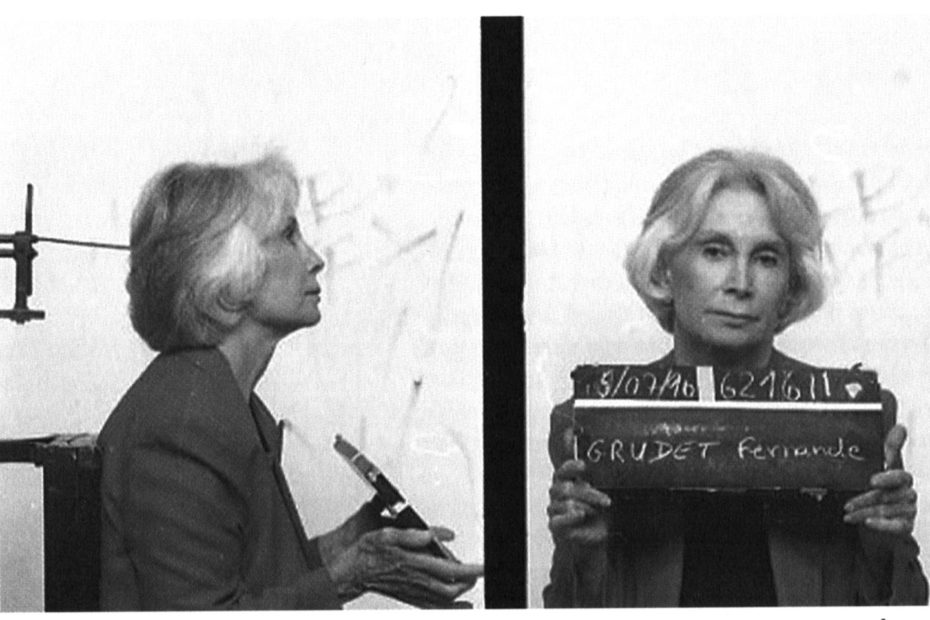
But Madame could never quit the hustle, and jumped right back to business as usual until 1991, when she was forced to go back to prison for six months while awaiting a court date for some potential heavy jail time. It never came thanks to friends in high places at the palais de l’Elysée. The rest of her days read like a fable that’s almost too on-the-nose: a book deal was made, and then Madame retired to the south of France where she died in a nursing home with her cats. She had one daughter – who lived in the same city, no less – but they were never close.
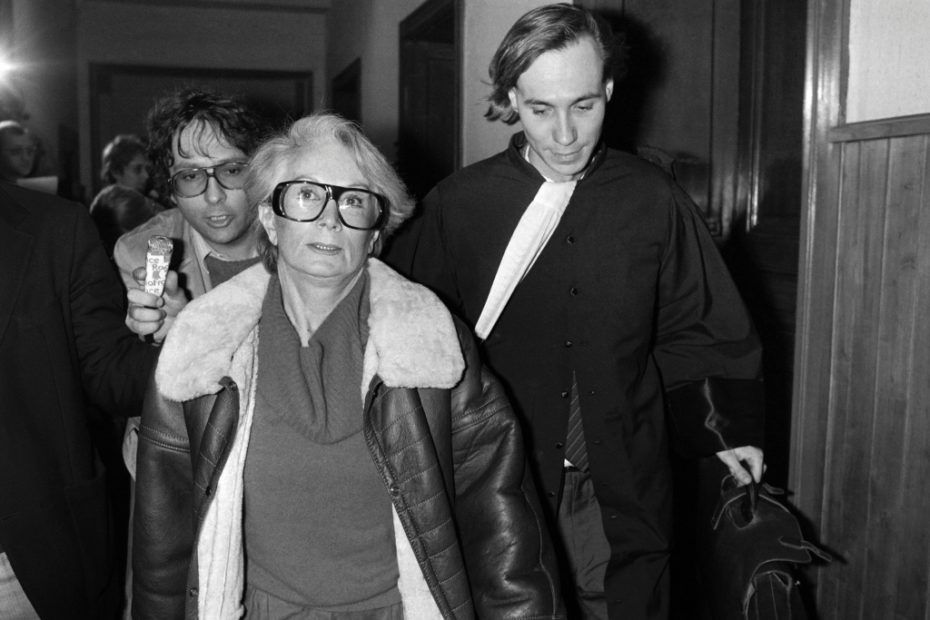
In spite of her tough spirit, none of the Claudette’s ever spoke ill of Madame, or filed a complaint (even when she was on trial) – but the motivation for that lack of criticism could have been fuelled by intimidation. Still, even Madame’s prosecutors say she was remarkably loyal to her clients and employees, and didn’t once blackmail or “rat them out” on the stand to their knowledge. “I eradicated everything that was ugly about this profession,” Madame once said in a 1993 interview, “that’s what one can’t forget. Everything that was ugly – not shocking, but ugly, I tried to get rid of.”
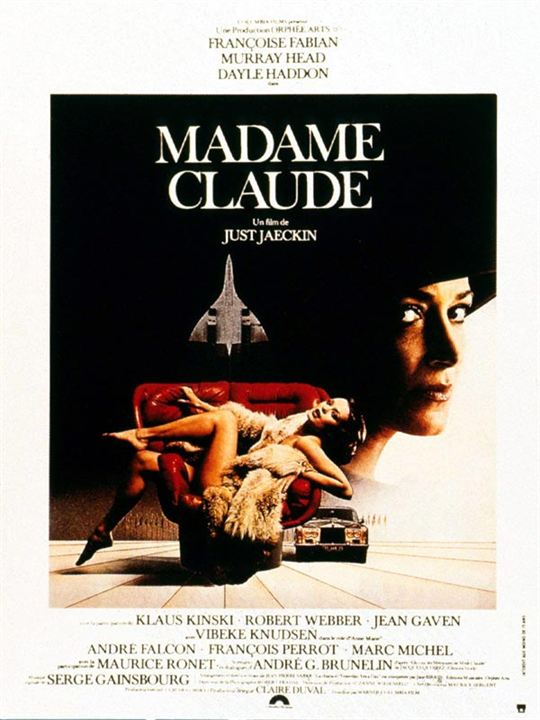
Learn more about Madame Claude in Madame Claude: Her Secret World of Pleasure, Privilege, and Power (2018)


